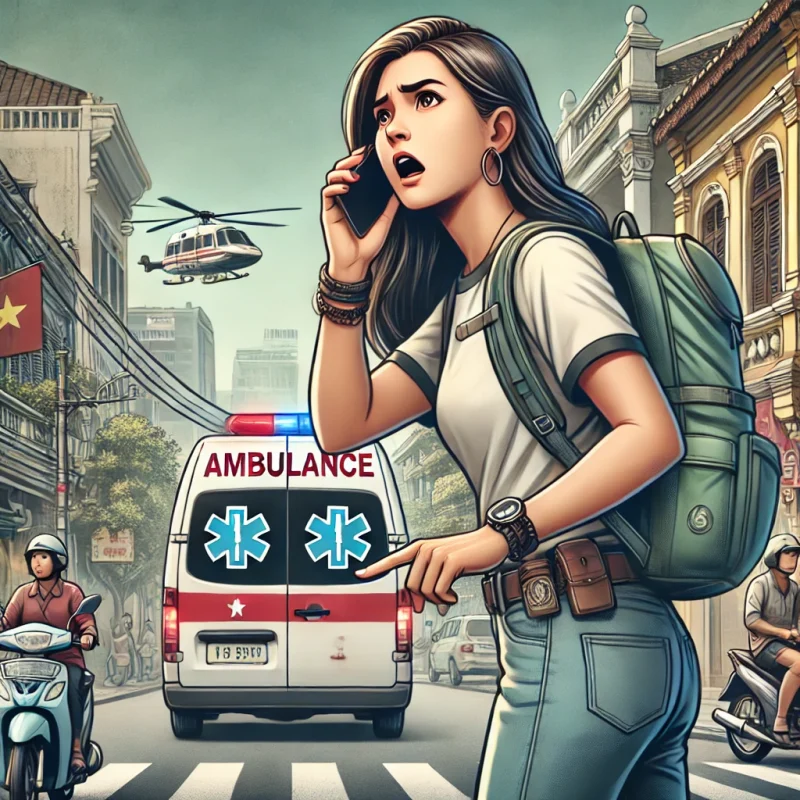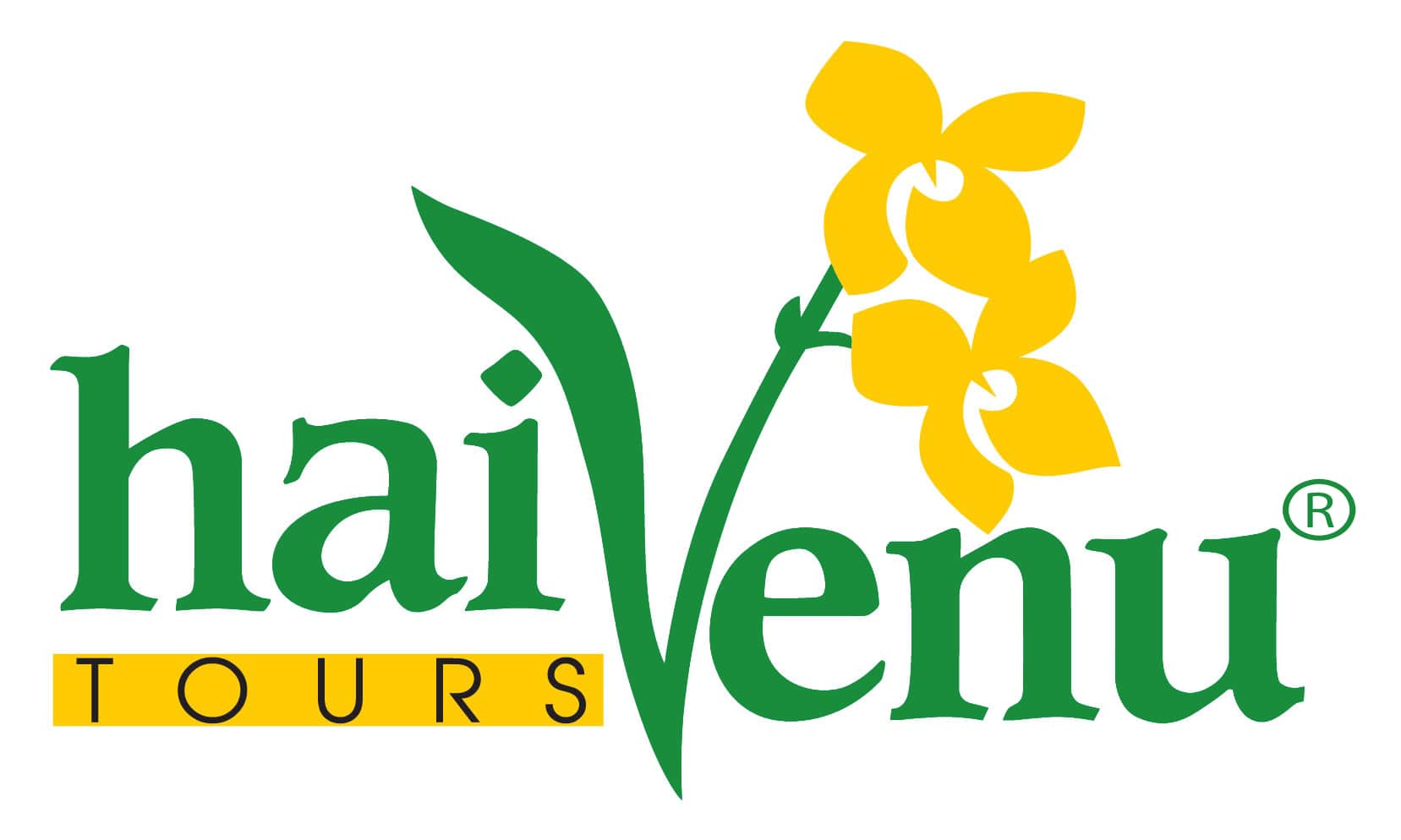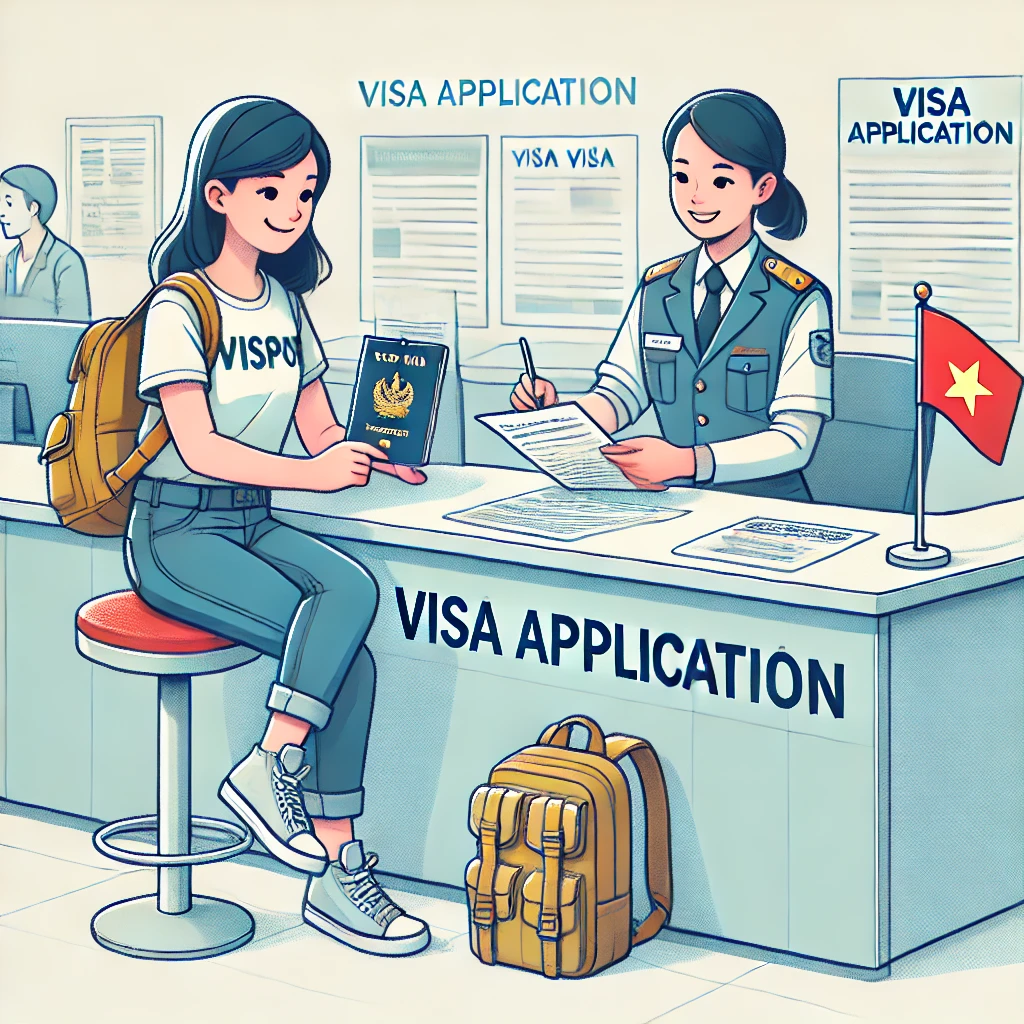Staying Safe While Travelling in Vietnam: A Comprehensive Guide with Personal Insights
Last Updated on 27 December, 2024 by admin
Travelling to Vietnam is a magical experience filled with breathtaking landscapes, vibrant culture, and some of the friendliest people you’ll ever meet. However, as with any travel destination, ensuring your safety is essential to making the most of your trip. Vietnam is a generally safe country, but understanding potential risks and taking precautions will allow you to explore with confidence. Drawing from my personal experiences across the country, here’s an in-depth guide to staying safe while travelling in Vietnam.

Keeping Your Belongings Secure
Vietnam’s lively streets and bustling markets are a dream for explorers but can also attract opportunistic pickpockets. I learned this the hard way when my friend’s phone was snatched in Ho Chi Minh City’s crowded Ben Thanh Market. It taught us to always be mindful of our belongings in busy areas.
Tips to Keep Your Belongings Safe:
- Use Secure Bags: A crossbody bag with zippers, worn in front of your body, is the best option. During a stroll in Hanoi’s Old Quarter, I noticed many savvy travellers using anti-theft bags, which inspired me to invest in one for future trips.
- Minimise Valuables: Leave unnecessary items like expensive jewellery or extra credit cards in your hotel’s safe. I always carry a copy of my passport while keeping the original securely locked in my room.
- Be Discreet with Electronics: In tourist-heavy spots like Bui Vien Street (Ho Chi Minh City’s backpacker area), I used my phone discreetly to avoid drawing attention.
What Worked for Me:
I started keeping a small amount of cash in an easy-to-access pocket for daily expenses, while storing the bulk of my money in a hidden pouch. This simple habit kept me calm and prepared during the chaos of crowded festivals like Tet (Vietnamese Lunar New Year).
Avoiding Common Scams
Vietnam is known for its warm hospitality, but like any popular tourist destination, scams can happen. With a bit of awareness, they’re easy to avoid. During one trip, I unknowingly boarded an unregistered taxi in Hanoi, and the fare was triple what it should have been. Thankfully, this experience taught me how to spot and sidestep common scams.
Taxi and Ride-Share Scams:
- Stick to Reputable Services: Apps like Grab and Gojek are lifesavers. They offer fair, upfront pricing and eliminate haggling. After my overpriced taxi ordeal, I relied on Grab for the rest of my trip.
- Avoid Meter Tricks: Some taxi drivers manipulate meters or claim the meter is broken. Always confirm that the meter is working or agree on a price beforehand. Trusted companies like Mai Linh and Vinasun are your safest options.
Dining and Shopping Overcharges:
- Ask for Prices in Advance: Whether you’re enjoying street food in Hue or shopping for souvenirs in Hoi An, confirm the price before ordering or purchasing.
- Be Wary of “Tourist Menus”: I once dined at a market stall in Da Nang and noticed my meal cost twice as much as locals’. A friendly tip: Watch how much locals pay and politely request the same price.
What Worked for Me:
Researching average costs beforehand helped me set expectations. For example, I knew a banh mi sandwich should cost around 15,000–30,000 VND (approximately $0.60–$1.30 USD), which made it easier to spot inflated prices.
Emergency Numbers You Should Know
During my travels in Vietnam, I realised how important it is to have emergency contact numbers saved in your phone. While Vietnam is generally safe, unexpected situations like minor accidents or health issues can occur, and being prepared is key. Below is a handy table of emergency numbers that every traveller should know when visiting Vietnam.
| Service | Number | Description |
|---|---|---|
| Police | 113 | For security issues, theft, or any criminal activities. |
| Fire Department | 114 | For fire emergencies or similar situations requiring urgent response. |
| Ambulance Services | 115 | For medical emergencies, accidents, or health-related assistance. |
| Tourist Hotline | 1900 1091 | For tourism-related queries or help (Vietnam National Administration of Tourism). |
| International Dialling Code | +84 | Ensure to add the Vietnam country code if calling from an international number. |
| Local Embassy/Consulate | Varies | Always have your country’s embassy or consulate contact information handy. |
Tips for Using Emergency Numbers:
- Be Prepared: Have your current location ready when calling. Use landmarks or street names to help operators locate you.
- Language Barriers: While operators may not speak English fluently, you can ask nearby locals for help or use translation apps to communicate key phrases.
- Save Contacts: Store these numbers in your phone under clearly identifiable names (e.g., “Police – Vietnam” or “Ambulance – Vietnam”).
Personal Insight:
When I was in Hanoi, I saw a minor road accident involving a tourist. Thankfully, the bystanders quickly called 115 for medical help. Watching the response made me realise the importance of having these numbers easily accessible. Now, I always save local emergency numbers as part of my travel prep—it’s a small step that can make a big difference.
Staying informed and prepared ensures you can handle unexpected situations with confidence, allowing you to enjoy your trip to Vietnam to the fullest!
General Safety Tips
No matter how safe a destination is, basic precautions go a long way. Vietnam’s cities and countryside are generally safe, but being proactive can enhance your peace of mind.
- Travel in Groups: Exploring with others can make your adventures safer, especially in remote areas. When I trekked in Sapa, having a guide and fellow travellers not only added to the fun but also ensured that we stayed on track.
- Avoid Wandering Alone at Night: While Vietnam’s cities are lively at night, quieter streets can feel isolated. I always stuck to well-lit areas and avoided dim alleys after dark.
- Trust Locals: The locals in Vietnam are incredibly kind and helpful. A street vendor in Hue once walked me to my bus stop after I got lost—a small act of kindness I’ll never forget.
What Worked for Me:
I shared my itinerary with family or friends back home, ensuring they knew where I was headed each day. Apps like Google Maps helped me plan safe walking routes in unfamiliar areas.
Practical Habits for a Stress-Free Trip
Over time, I developed habits that helped me stay safe while still enjoying everything Vietnam has to offer:
- Split Your Cash: Keep a small amount accessible for daily use and hide the rest in secure places.
- Backup Important Documents: I scanned my passport, visa, and travel insurance and stored digital copies in my email. This proved invaluable when I misplaced my wallet during a Mekong Delta tour.
- Offline Maps: Before heading to rural areas, I downloaded offline maps on my phone. This was a game-changer in areas with spotty Wi-Fi.
Embracing Safety as Part of the Adventure
Staying safe in Vietnam doesn’t mean being overly cautious. It’s about being aware, prepared, and embracing the journey with confidence. By keeping my belongings secure, avoiding common scams, and knowing emergency procedures, I was able to explore Vietnam’s rich culture, stunning landscapes, and vibrant cities without worry.
Whether you’re marvelling at Ha Long Bay’s limestone karsts, trekking the terraced fields of Sapa, or wandering the lantern-lit streets of Hoi An, Vietnam is a country that rewards the curious and prepared traveller. So, pack smart, stay aware, and enjoy every moment of your adventure in this beautiful land. Safe travels!




